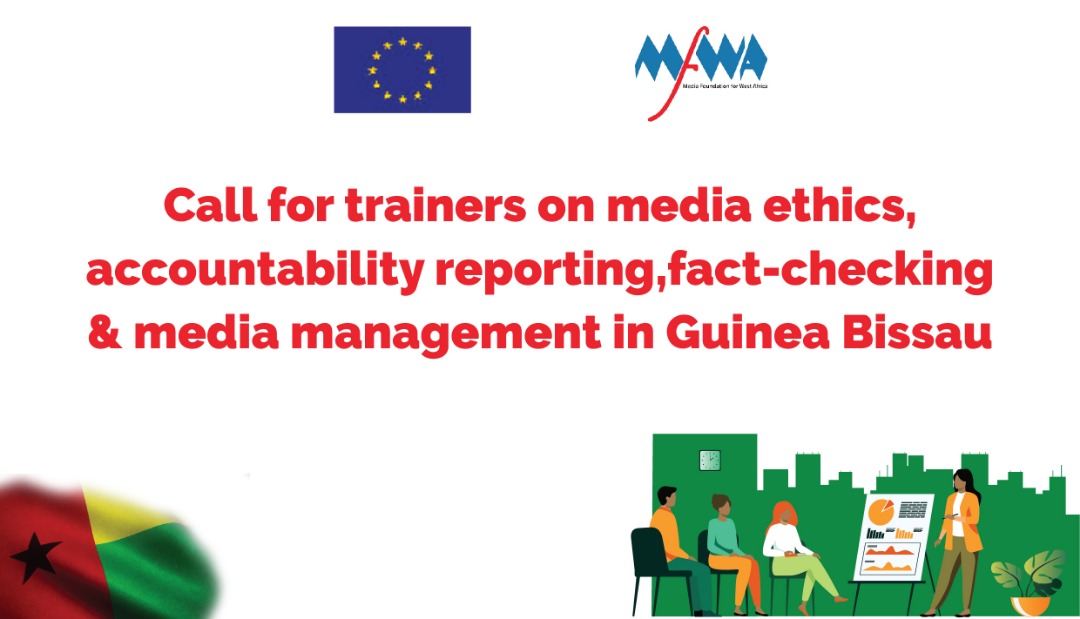Below is the full text of the Statement by the Gambia Press Union (GPU) at the 58th Ordinary Session of the African Commission on Human and Peoples’ Rights, held in Banjul from 6-20th April, 2016.
Madam chair, The Gambia Press Union (GPU) notes with appreciation your support and commitment to the campaign for the promotion of freedom of expression in The Gambia. We firmly believe that during your tenure as the chair, the African Commission on Human and Peoples’ Rights will strengthen engagement with the government and non-state actors in order to address concerns over freedom of expression and access to information. Madam Chair, the GPU is relieved to report that there is no evidence of new case of physical attack on the press since the last Commission meeting here in November 2015. It remains to be seen whether this represents a shift in approach on the part of the government. What is however certain is that the level of self-censorship is unprecedented. An estimated 20 per cent of Gambian journalists are in exile and impunity continues to prevail over the previous cases of violations of press freedom. We therefore call on the commission to urge the Gambia government to put an end to impunity on freedom of expression violations by:
- Lifting the ban on media houses; and
- Investigating previous cases of media rights violations, especially cases of murder, disappearance, arson attacks and torture.
Madam Chair, there are enduring political, legal and economic restrictions on the right to freedom of expression and press freedom. We call on the Commission to urge the government to ensure safety of journalists during the electoral process. Access to state information is unduly restricted in the Gambia. The government is yet to grant TV license to private individuals, ensuring monopoly of state-owned TV. Tax levies on printing materials have induced high production cost for the print media and radio stations mainly shy away from current affairs for fear of reprisals. Moreover, the legislative framework on freedom of expression, media regulation and licensing is fundamentally flawed. The laws are neither in line with international standards nor are they conducive in a democracy. While there is a global trend of states reforming and outlawing laws that criminalise speech, such as criminal defamation, false news, and sedition, The Gambia has only recently amended some of these laws with heftier penalties and broader definitions. The Information and Communication Act was amended in 2013, increasing punishment to prison terms of 15 years or a fine of 3 million dalasis for spreading on the internet false news, caricature or derogatory information against the government or public officials.
Similar amendments were made to Section 114 of the Criminal Code three months before, increasing the punishment for the offence of giving false information from six months maximum jail term and 500 dalasis fine to a jail term of five years or a fine of 50,000 dalasis.
Currently, about a dozen Gambians, including security personnel, civil servants, and ordinary citizens, are being prosecuted for exercising their right to freedom of expression. We therefore call on the Commission to urge the government to conduct comprehensive reforms of laws governing freedom of expression and press freedom. The reforms should include enactment of right to information law, while laws on sedition, false news, defamation, regulation and licensing should be reviewed and brought in line with the standards put in place by the African Commission. Madam Chair, The Gambia Press Union wishes to once again bring the attention of the Commission to the sedition and false information trial involving Mr Abdoulie Ceesay, the manager of Teranga FM. The case has been dragging at the courts for eight months now. Ceesay, who was only yesterday admitted at the Edward Francis Small Teaching Hospital for the second time in two weeks, has been in the custody of the state for more than nine months, and his family has since Friday been denied access to him at the prison. The courts have several times refused to grant his right to bail, despite concerns over his health condition. The case will soon be set for judgment. We once again call on the commission to urge for his release. Madam Chair, The GPU wishes to finally call on the African Commission to urge the government to authorize a mission into the country by the Special Rapporteur on Freedom of Expression and Access to Information in Africa; and to further urge the government to submit its overdue reports.
Thank you.
Delivered by Secretary General, Mr Saikou Jammeh, on April 12, 2016.






